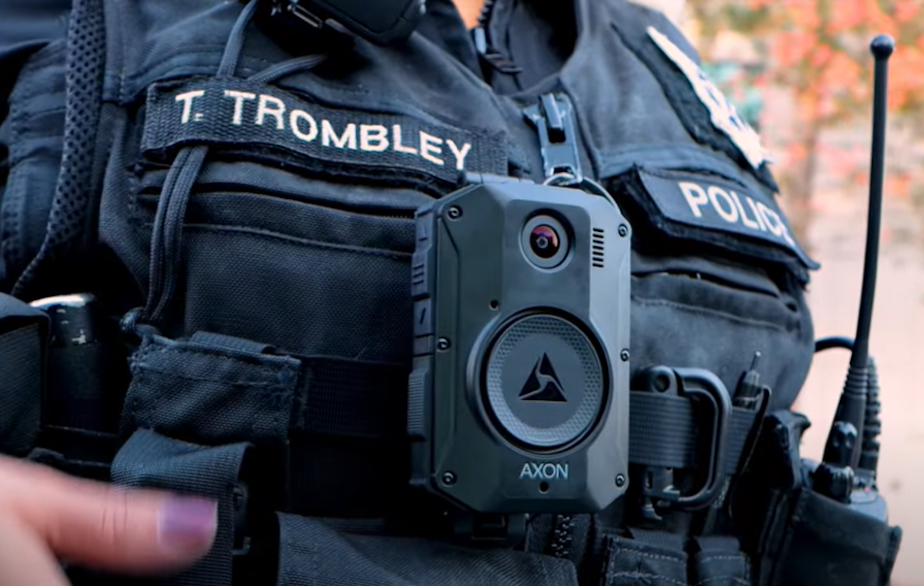Kirkland police begin using body cams

Officers with the Kirkland Police Department will start wearing body cameras this month.
The Kirkland City Council approved the use of the cameras back in July.
“Body-worn cameras are meant to enhance the safety of both our community members and our officers,” said City Councilmember Jon Pascal in a statement. “The Council heard from many in our community about body-worn cameras as we considered various issues of policy and funding. Providing our officers with body-worn cameras will support their efforts in keeping our community safe, while providing greater transparency and accountability into interactions between police and the public.”
RELATED: Kirkland paid $18K for turned-in guns this summer
The body cameras will be implemented in three phases. The city's traffic unit will receive them first. The patrol unit will get cameras between Dec. 15-29. Specialty units will get theirs in January 2023.
In an informational video, Kirkland Officer Tiffany Trombley explains that the cameras are worn on the front of a uniform. They are activated manually. The cameras are also activated whenever an officer draws their firearm or taser, or when their patrol car's emergency lights are turned on.
The cameras will have a flashing red light when they are recording and will document audio and video. Kirkland residents can expect that officers will be recording in most situations, such as traffic stops and 911 calls.
"An officer may use discretion to turn off their camera during certain sensitive interactions, like speaking with a confidential informant, or cases involving sexual abuse," Trombley said.
After a shift, the cameras are returned to a docking station that automatically downloads the video files to a server. Officers will not have access to the videos to edit them.
According to the city, Kirkland will spend about $2.2 million on the body cam program over five years. The Department of Justice has provided $220,000 in grant funds for the effort.
The addition of police body cams is among a handful of new approaches KPD is trying out that involve new tech. In October, the city moved ahead with a pilot program to deter street racing using noise identification cameras at two locations. Those sound sensitive cameras are designed to pick up excessively loud cars that potentially have been illegally modified. The cameras document video and audio at the locations, similar to red light cameras.
The noise identification cameras are being operated under a six-month pilot that will extend into 2023. After that, the city will decide if it wants to adopt the tech for regular traffic enforcement.





